South Sudan
Tens of thousands of people are heading to South Sudan in a bid to escape the violence between Sudan's military and a rival militia that has killed at least 863 civilians so far.
Last Monday a 7-day ceasefire was agreed.
Many took the opportunity to head to the border with the world's youngest nation.
“We fled because of the war and we came here and there was violence again. We don’t understand what’s happening. We’re hungry and thirsty and the rain is coming and we don’t have plastic sheets. We’re tired and we don’t know how our problems will be solved”, said Alwel Ngok, a South Sudanese who was living in Sudan's capital, Khartoum, with her family until the violence erupted.
Aid agencies are struggling to cope with the influx of people. Even before this crisis, 70% of the population in Sudan needed humanitarian assistance.
“They are very hungry, and they are thirsty and they are very tired. So they need help, they need food, they need water, they need for healthy, they need everything”, appealed Mary Otwong, a border monitor with the United Nations International Organization for Migration.
United Nations World Food Program regional director for East Africa, Michael Dunford, added:
“My biggest concern is the implications that this crisis in Sudan will have across the region, particularly in South Sudan. Even before this crisis, 70% of the population needed humanitarian assistance and at the moment WFP can’t meet their needs, we’re going to struggle to meet any increased needs at this stage”.
On Friday, Sudan's army appealed for reservists and retired soldiers to re-enlist and asked the United Nations to change its envoy to the country.




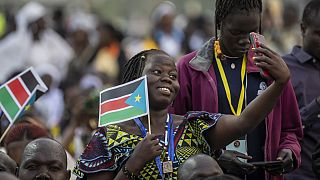
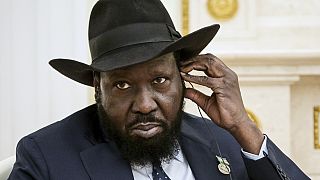
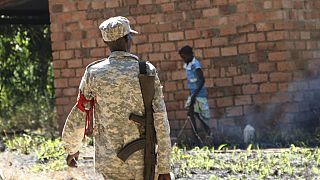
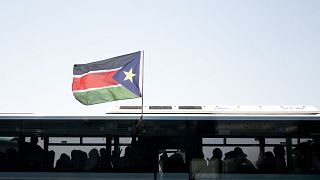
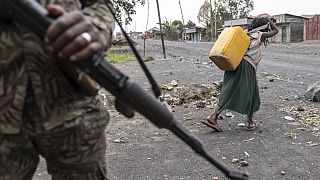
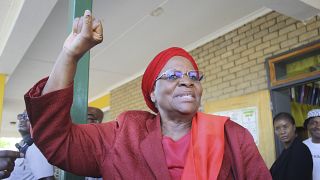
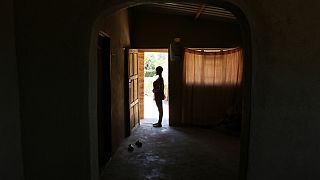
01:01
Chad: UN investigates sexual exploitation allegations against aid workers
01:38
Chad hosts over 680,000 Sudanese refugees
01:03
Uganda: Victims of lightning strike buried
Go to video
At least 14 people die in lightning strike on refugee camp in Uganda
02:19
Thousands of refugees in Uganda struggle to get by, amid cuts in humanitarian aid
01:34
Widespread condemnation of Israel's decision to ban UN relief agency